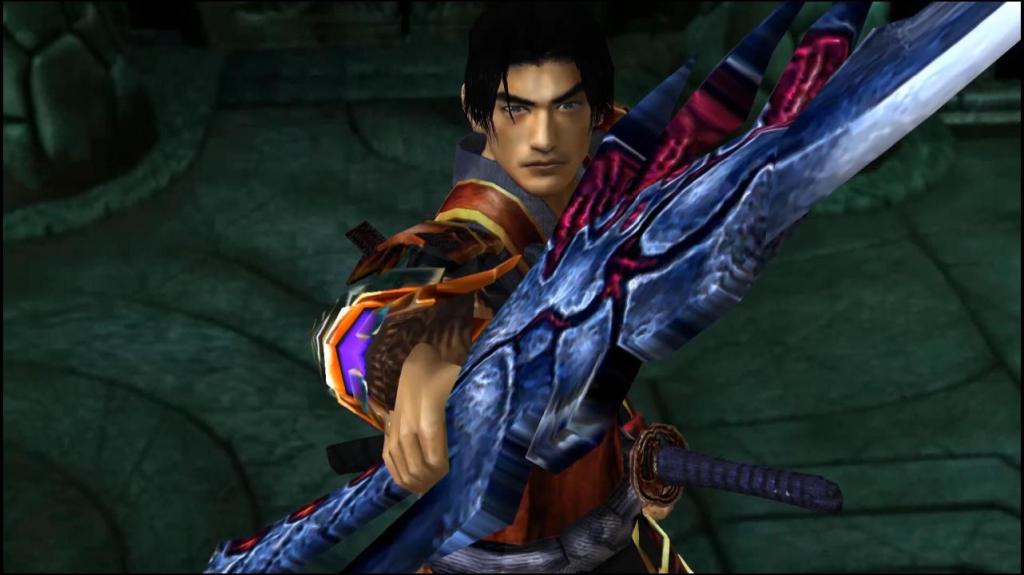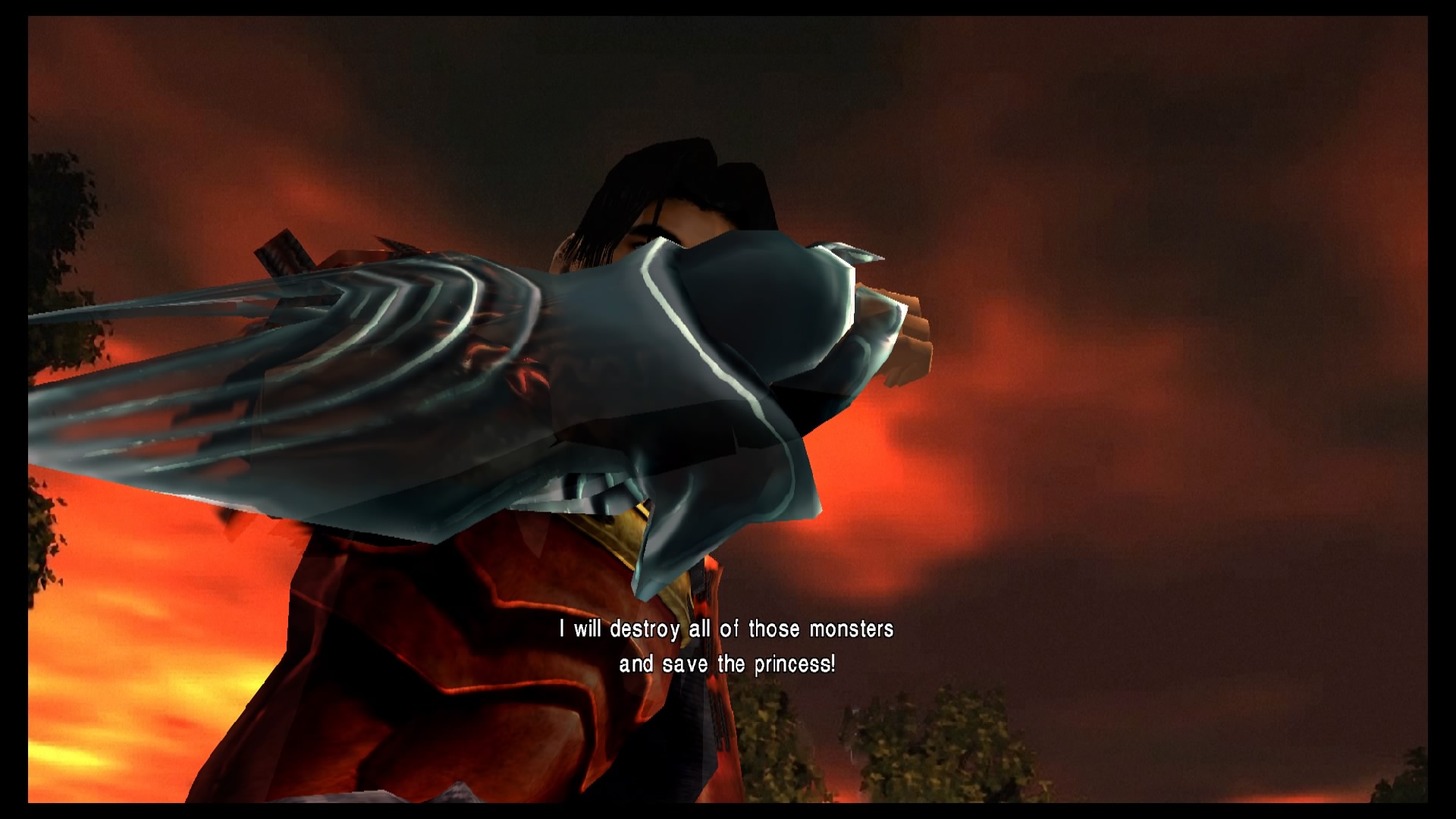
Keiji Inafune is one of video games’ elder statesmen. He’s also among our greatest creators and thinkers. Inafune often gets the most credit for his creation of Mega Man, yet he helped create some of the the biggest cult hits in gaming. Dragon’s Dogma, Lost Planet, and Resident Evil all bare the mark of this great creator.
The remaster of Onimusha: Warlords presents a great opportunity to experience one of this mastermind’s first early PS2 works. It’s a time capsule for what games were like then. As a game to be played and enjoyed, free of any historical context, Onimusha falls well short of today’s standards.
As an ode to Akira Kurosawa-style samurai movies, Onimusha mostly nails it on the surface. The melodrama is high. There are cackling villains and fainting damsels. Some great cinematic camera work during some cutscenes drives the inspiration home. They really capture the wide angle introspection that films like Yojimbo and Seven Samurai are famous for. On the flip side, the fully rendered cinematics did not enjoy the beautification the actual game got. When you do see one, they are shockingly ugly.
Resident Medieval
The overall concept of the story is sound. Developer Yoshiki Okamoto literally wanted to make a samurai take on 1997’s Resident Evil, complete with the undead and a mansion full of traps. The overarching madness of the Sengoku period in Japan makes for an interesting backdrop. Under the political layer of feudal lords being conquered one after the other by Oda Nobunaga, hides the horror story of demon sacrifice. Thematically, the blend is great.
There are several interesting decisions that give Onimusha that sort of indie movie/art house vibe. You spend much of your time running through down claustrophobic hallways. This is the antithesis of today’s open-world fever. Puzzles seem to come out of nowhere, and you switch control of characters at unexpected places. The pacing screams “there are no rules,” and you can really appreciate what feels like a lack of formulaic game design in it.
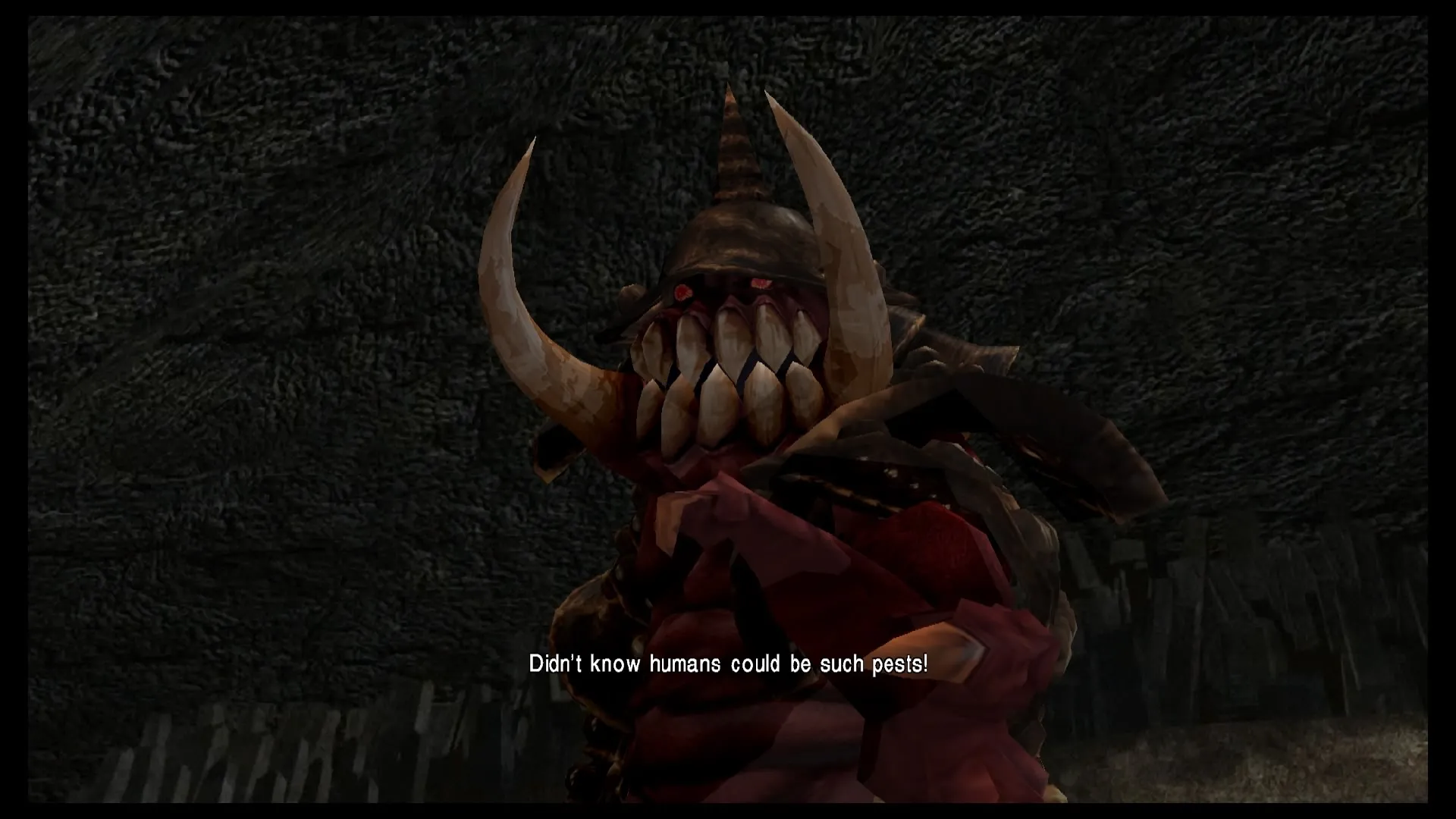
A Dead Horse
But the writing is so incredibly poor. At its best, it’s just simplistic and banal. It’s groan-worthy at its worst. Samanosuke, our hero, has stilted and corny exchanges with evil demon lords. You’ll often incredulously shrug at what’s just been said. Some of the dialogue from the demon masterminds is reminiscent of the tough guy musings from another Capcom character action game from 2001, Devil May Cry. But Onimusha lacks all the irony of DMC, and takes itself so seriously that it’s distracting.
The gameplay feels like a relic from a time we’ve left behind, and for good reason. The Resident Evil-style fetch puzzles often send you circling through isolated locations chasing your tail for random keys or artifacts. The mansion and its surrounding grounds aren’t huge. They’re laid out in a way that makes navigating through the locations fairly intuitive. That said, there are more than a few times where you’ll get to a locked door, only to realize the key is a 10-minute trip in another direction.
You will be hacking and slashing demon baddies with ease thanks to the new free movement controls. The original version’s tank controls were clearly the core of which many of the monster AI’s were built around, though. You are way more mobile than many of your enemies, and making them miss while exploiting their positioning is far easier now than it ever was. That doesn’t mean you won’t find challenges during the endgame or with some bosses, but that mostly comes from the extreme scarcity of healing items and the horrendous static camera angles.
Grave Injustice
There is definite value in going back to Onimusha. It will be 18 years old this year, guaranteeing that a whole generation of gamers will have completely missed this little experiment. There’s still nothing quite like its mix of paranormal horror and feudal era Japanese alt-history. It’s also a hard game to come by if you don’t have a PS2, original Xbox, or a PC that’s up to the task.
But you would have to completely remake Onimusha: Warlords for it to be a relevant work these days. We didn’t know better than to put up with janky controls and weird camera work back in 2001. With so many character action games released since then, we know much better now. Even past the mechanics, the presentation is so uneven that the good is hard to appreciate when it is often so close to the bad. That’s something that was absolutely an issue then and remains one now.
This remaster seems only well suited for folks who’ve experienced the series before. It’s tailor-made for folks who want to take a trip down memory lane. Even then, you’ll find the same surprise I did—that Onimusha: Warlords is a game remembered as being better than it actually was.
Onimusha: Warlords review code provided by publisher. Version 1.00 reviewed on a PlayStation 4. For more information on scoring please see our Review Policy here.
-
Great Thematic Premise
-
New movement controls make combat much more enjoyable
-
Bad English voice acting
-
Worse writing
-
Ugly cinematics inconsistent with remastered models and textures in game.
Onimusha: Warlords
-
Onimusha: Warlords 1
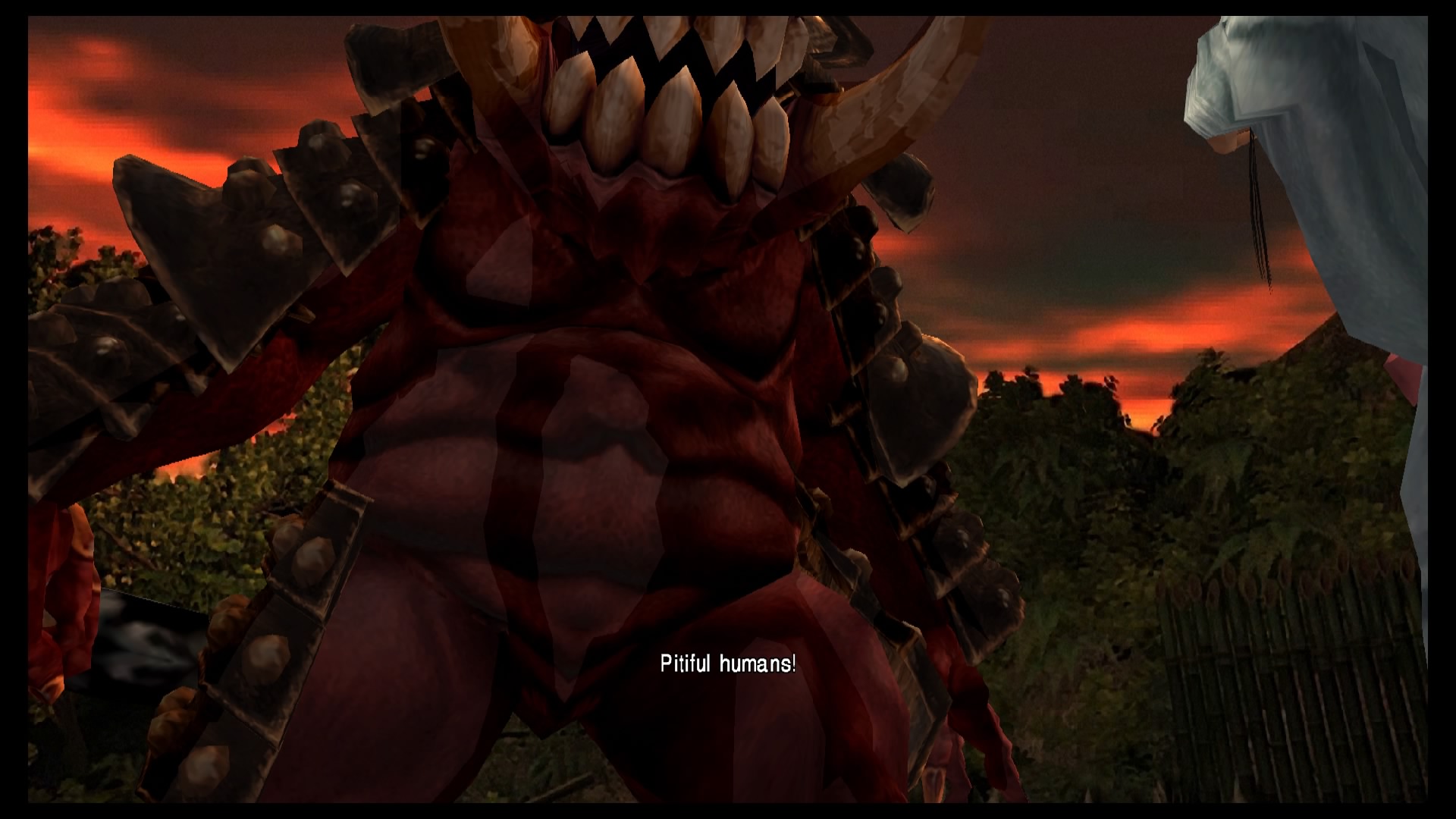
This demon has... opinions.
-
Onimusha: Warlords 2
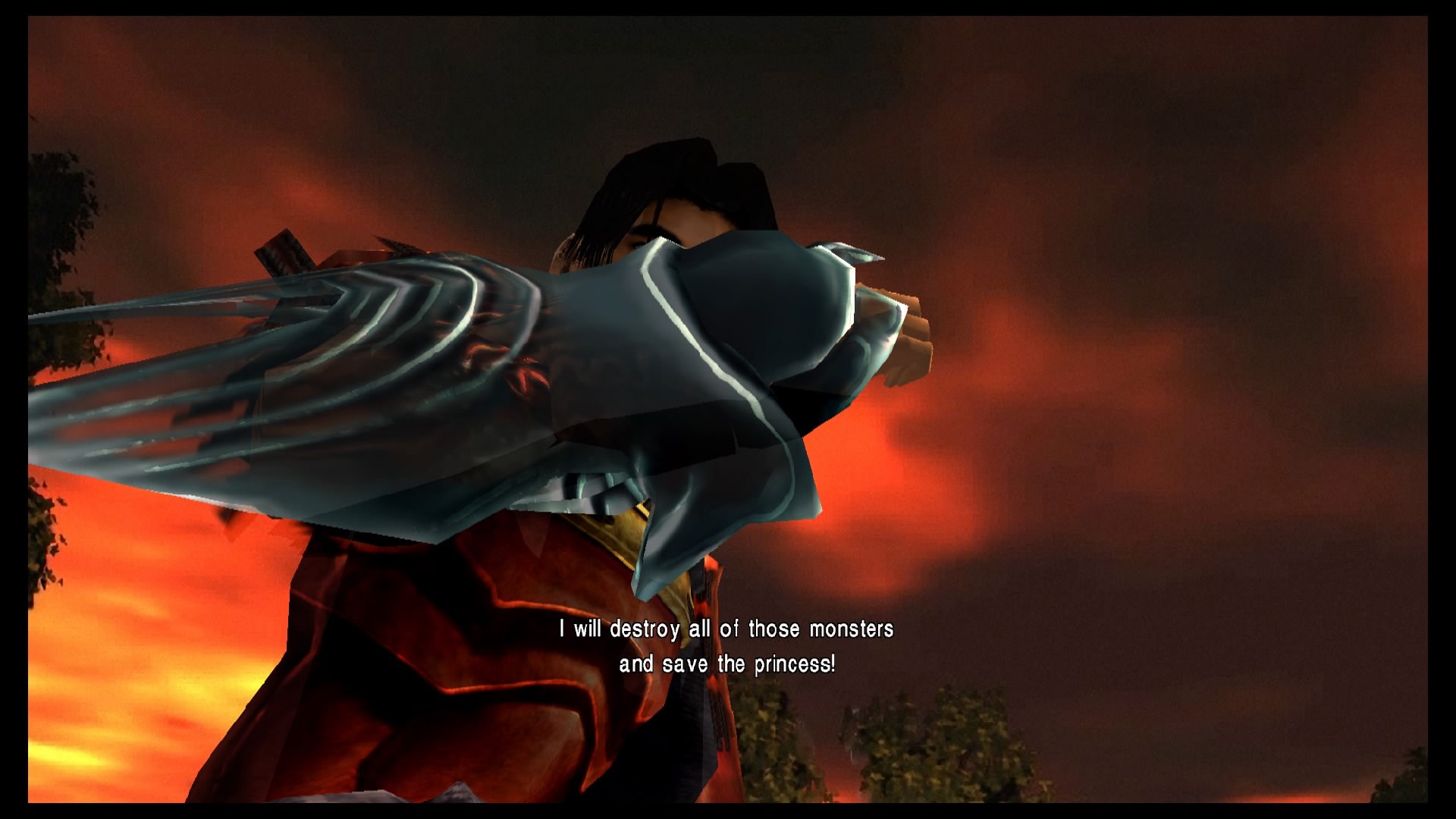
Strong words by Samanosuke.
-
Onimusha: Warlords 3
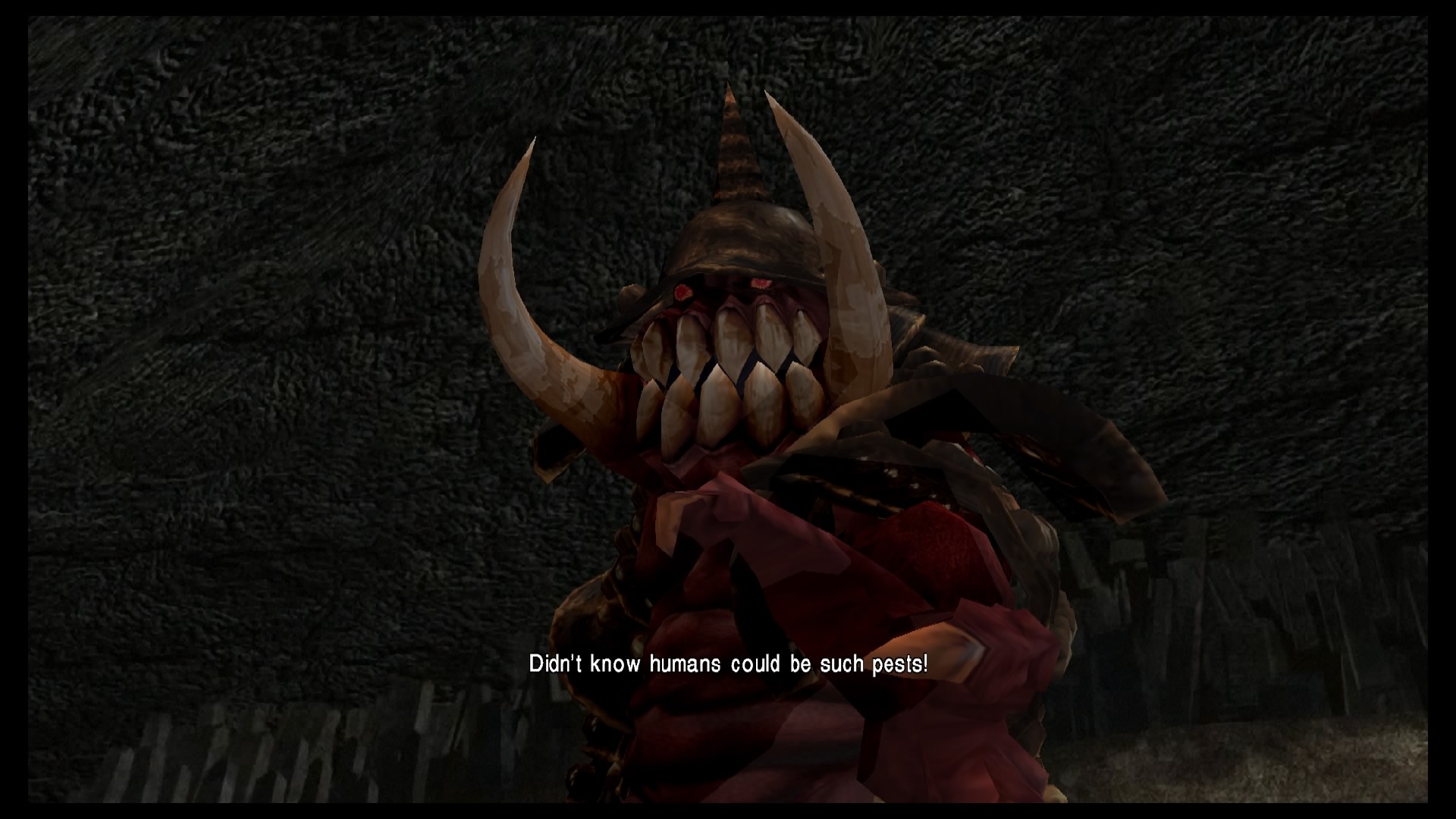
Who said demons can't learn?
-
Onimusha: Warlords 4
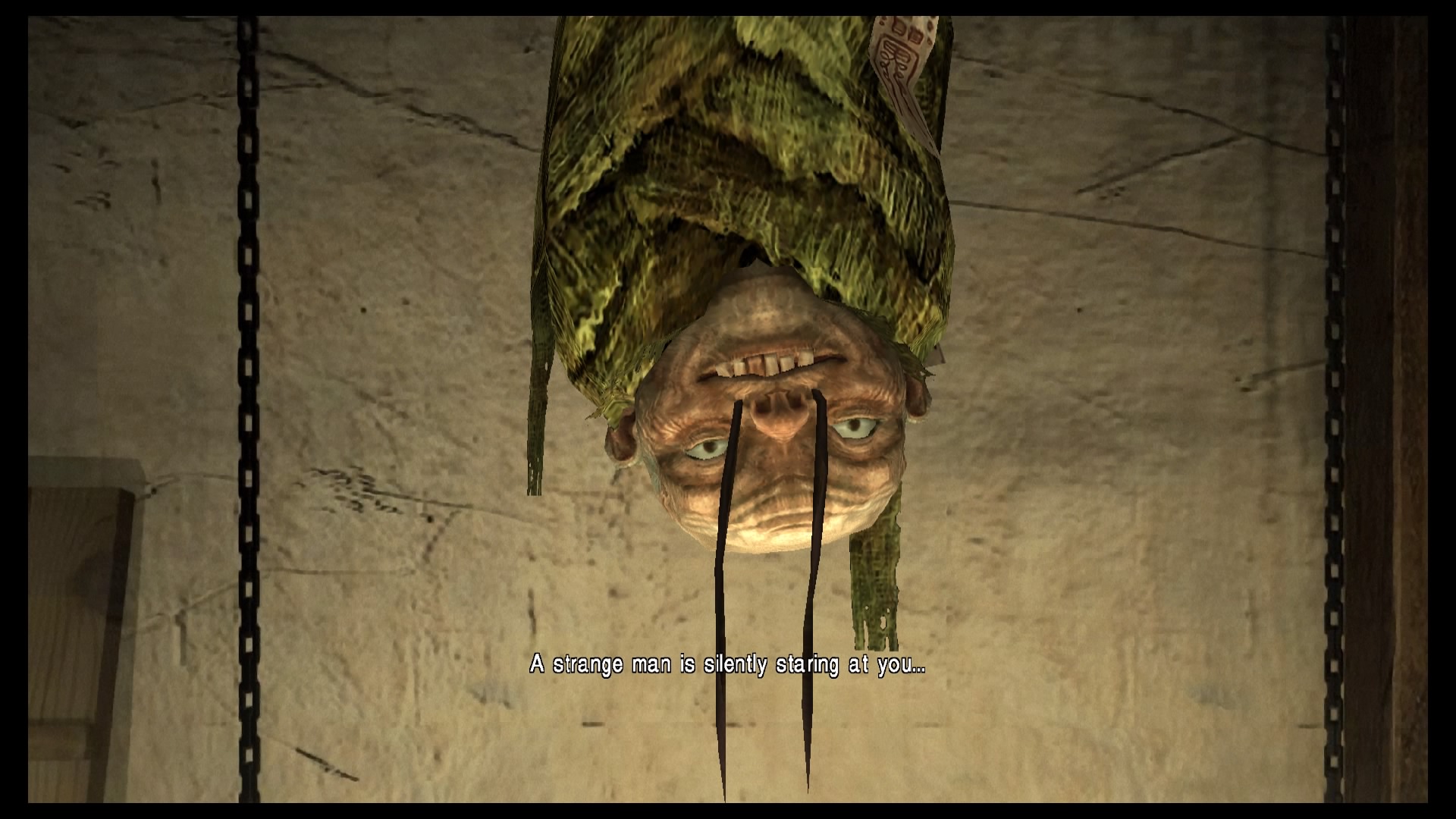
Stranger danger
